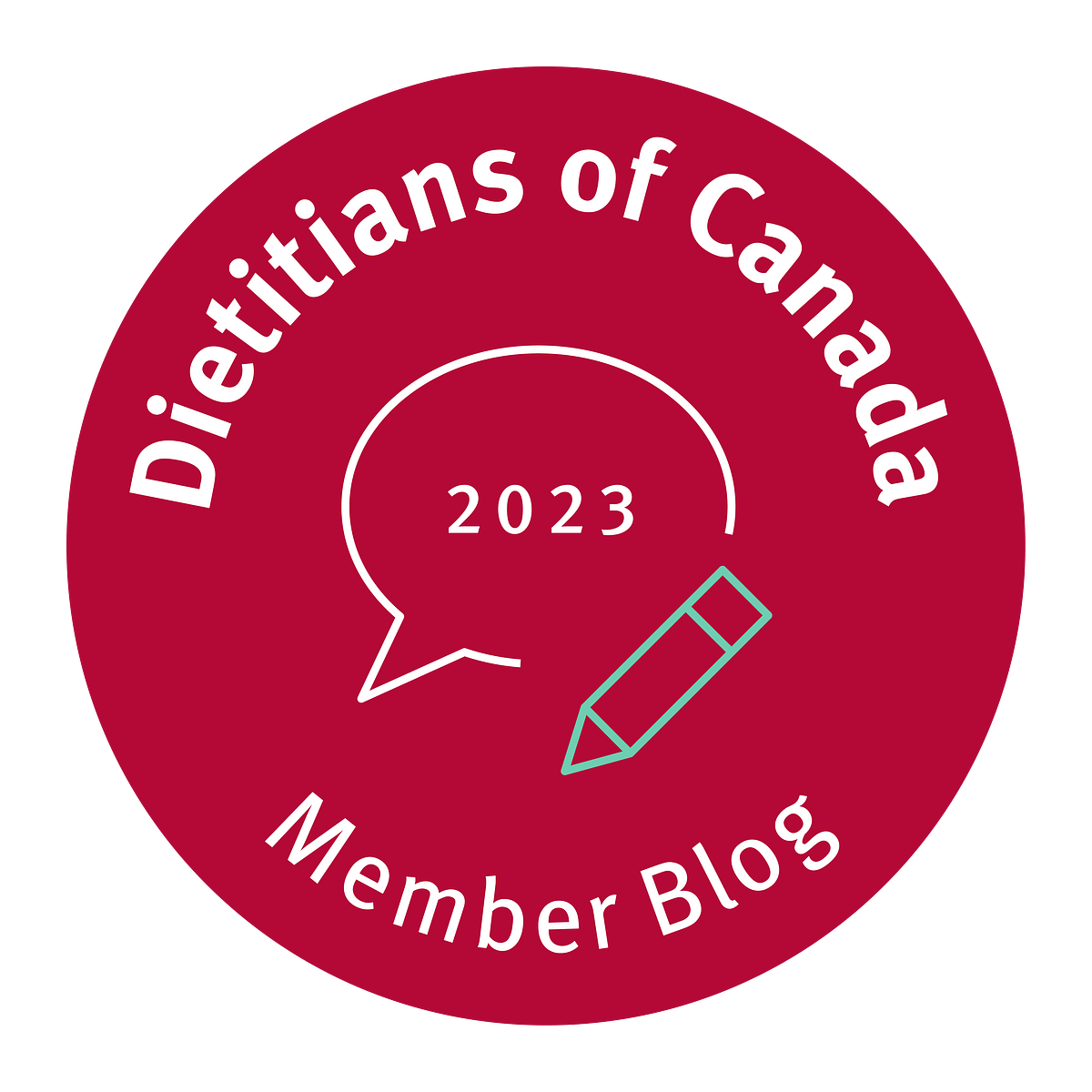 Are you ready to get your jab? You don’t need a special diet before getting your COVID-19 vaccine. But there are a few extra food considerations at this time. Here’s what you can do to get ready and manage potential side effects.
Are you ready to get your jab? You don’t need a special diet before getting your COVID-19 vaccine. But there are a few extra food considerations at this time. Here’s what you can do to get ready and manage potential side effects.
BEFORE getting the COVID vaccine:
- Take your regular medications as usual. Get a good night’s sleep.
- Have a snack or light meal depending on the time of your vaccine. The goal is to avoid going for your vaccine on an empty stomach, especially if you have a fear of needles or a history of feeling lightheaded / faint with needles.
- Eat familiar foods. As a former sports dietitian, I always advised athletes to avoid eating any new foods on “game day.” Consider vaccine day as your “game day” and stick to foods you know so that you don’t trigger any stomach upset.
- Make some meals made in advance in case you’re too tired or unwell to cook dinner for the next few days after getting the vaccine.
AFTER getting the COVID vaccine:
- Stay hydrated. You might have a mild fever after getting the vaccine. Keep your mug or water bottle nearby to remind you to get enough fluids throughout the day.
- Take in some comfort food. Some common symptoms after the vaccine are like chills, fatigue and muscle aches. Try a bowl of chicken noodle soup or your favourite soup to offer some comfort. And cuddle up with a cozy blanket.
- Hold off on the alcohol. It can dehydrate you even more. Chances are you may not be in the mood for a drink anyway, and less so if you’re feeling headache, chills or the aches.
- Continue eating a wholesome diet to keep your immune system strong. Think of your immune system as a team with different players. Each player has a role to play. Nutrients like vitamin A, vitamin C, vitamin D, vitamin E, protein and zinc are just some of the key players on Team Immune System. Fill half your plate or bowl with a variety of colourful veggies and fruit. Get vitamin D from eggs, fatty fish, milk, mushrooms, fortified beverages and supplements if needed. Look for whole grains, lean meats / fish / poultry and plant-based foods like tofu, nuts and seeds.
Keep well everyone!



